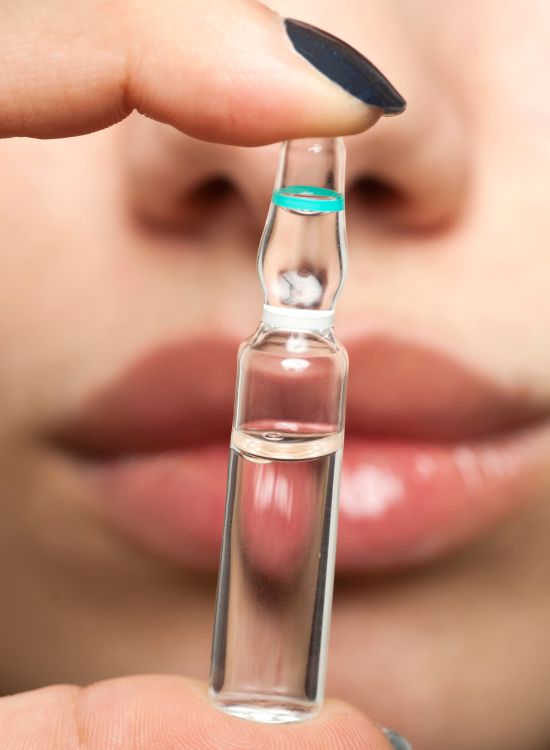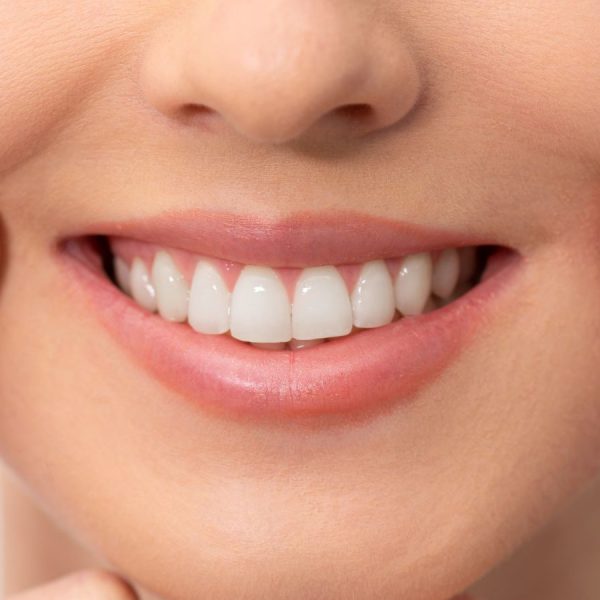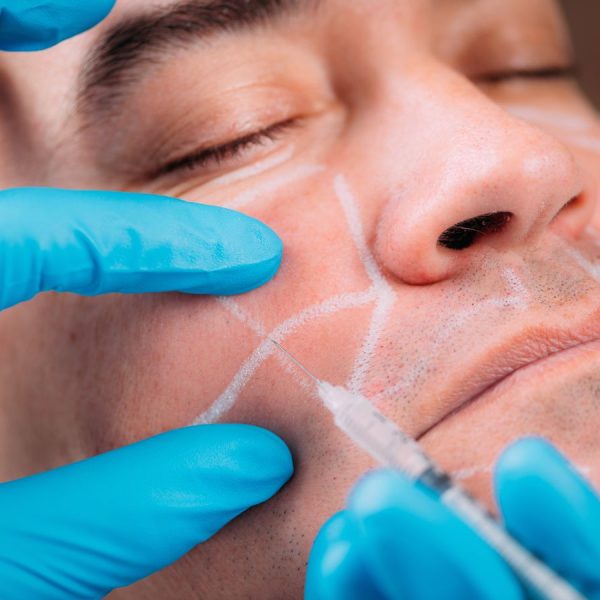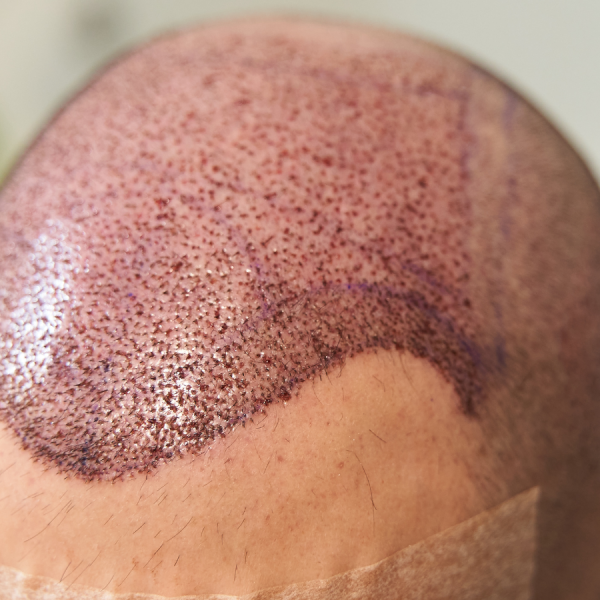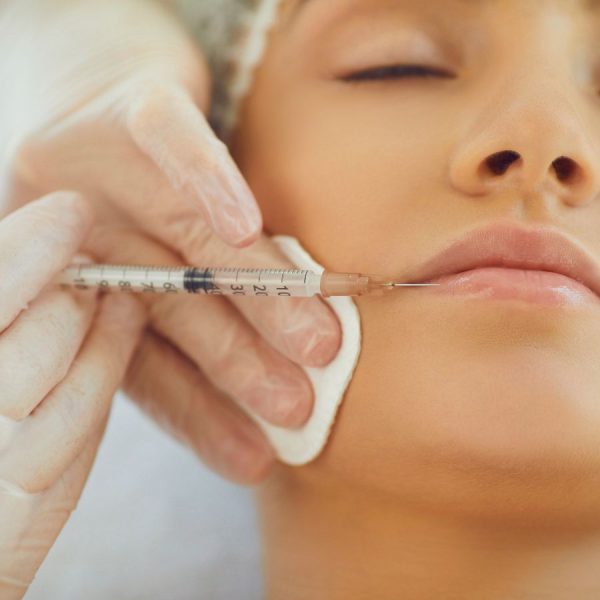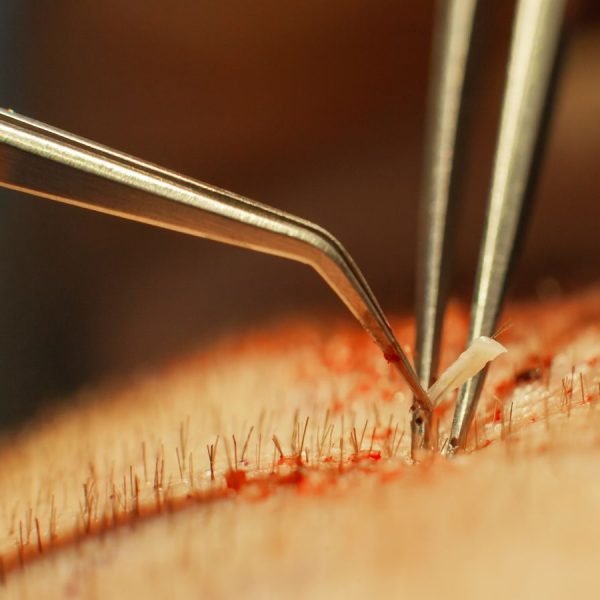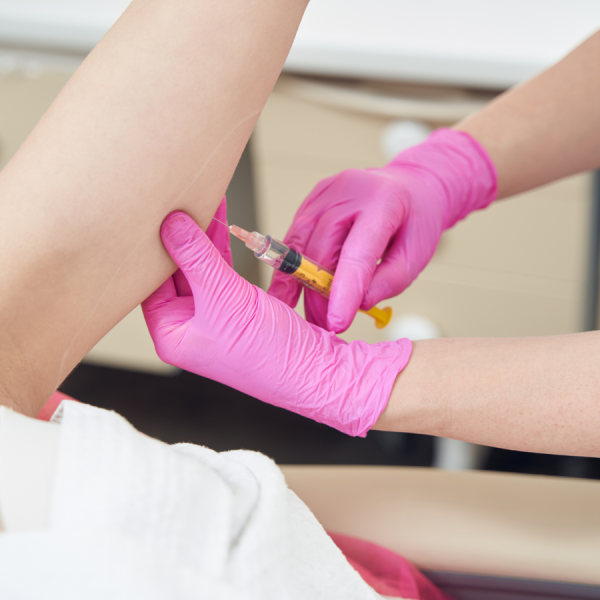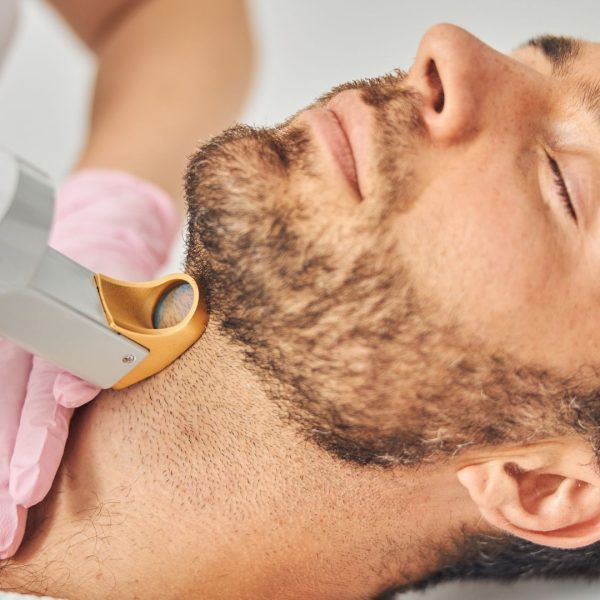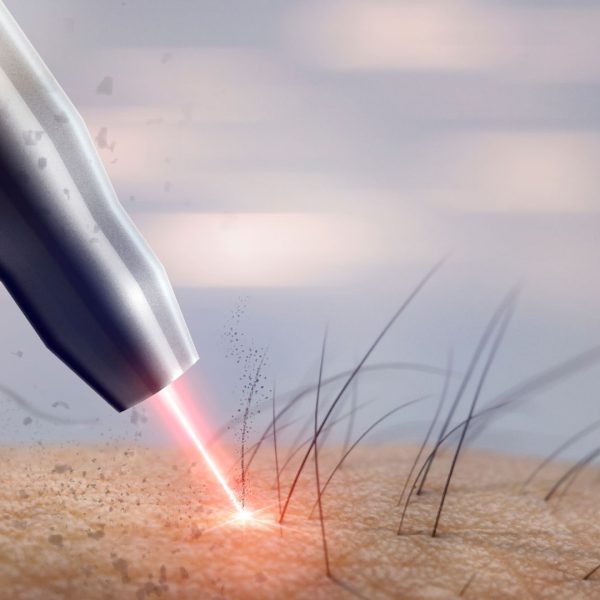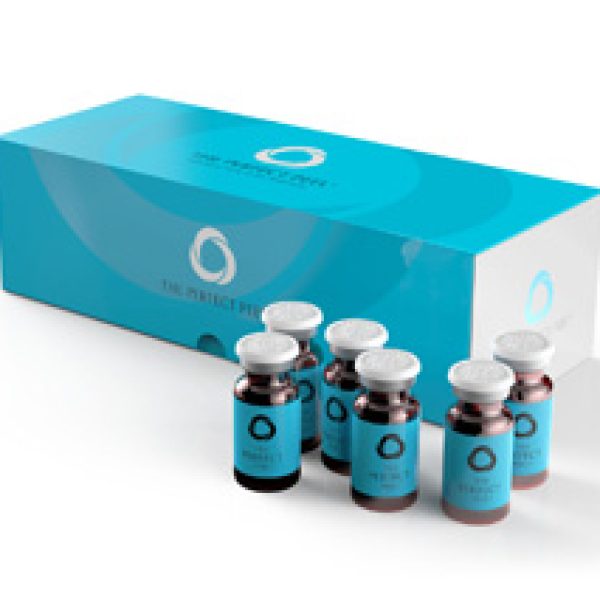Vitamin D Shot
Vitamin D Shot
Vitamin D is a hormone produced in the skin when directly exposed to sunlight. It increases the body’s absorption of calcium and phosphorus. Unfortunately Vitamin D is broken down quickly in the body and stores can remain low especially in the short dark winter months of the UK causing a deficiency.
Vitamin D has multiple roles in the body, essential for both skeletal and non skeletal health.
Keeping your Vitamin D levels topped up reduces the risk of :
● Fractures
● Osteoporosis.
● Cancers, (breast prostate colon)
● Infections such as the flu
● Autoimmune diseases (Parkinsons)
● Dementia
● Cardiovascular disease – (high blood pressure, heart disease)
● Diabetes mellitus.
Symptoms of vitamin D deficiency include:
● Regular infections
● Fatigue
● Bone pain
● Back pain
● Low mood
● Impaired healing
● Hair loss
● Muscle pain
● Fractures
● Weight gain
● Digestive problems
● Skin disorders
Sources Of Vitamin D:
● Sunlight
● Fish
● Egg yolk
● Cheese
● Liver
● The elderly.
● People with darker skin.
● People with reduced sun exposure, those that spend a lot of time indoors.
● Those that cover large proportions of their body.
● Pregnant and breastfeeding women.
● People with Bowel disease e.g Coeliac, Crohn’s disease
● Those on medication such as Carbimazole, phenytoin.
Vitamin D is administered as an intramuscular injection saving an individual having to remember to take oral tablets on a daily basis to achieve the recommended levels of vitamin D needed for optimum health.
● Mushrooms
● Fortified milk & cereals
It is difficult to get enough vitamin D from our diet or sunlight exposure alone. The UK government advice is that everyone should take a daily vitamin D supplement.
Vitamin D deficiency is common in all age groups, with a high prevalence especially in the Black and Asian population.
Certain groups are more at risk:

